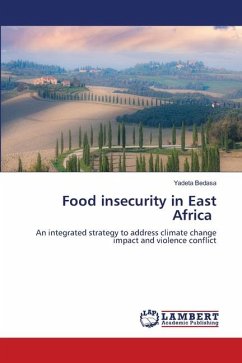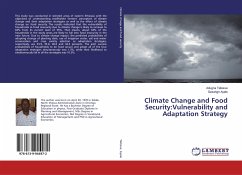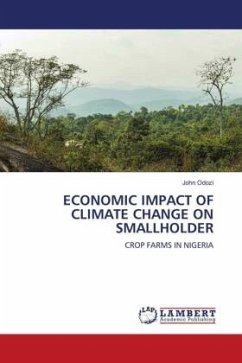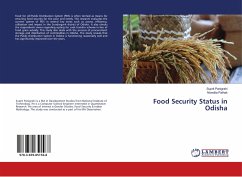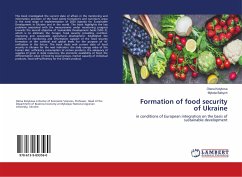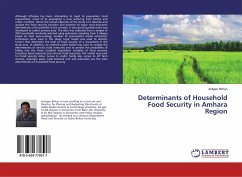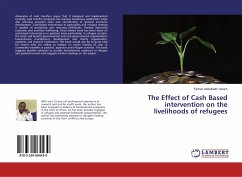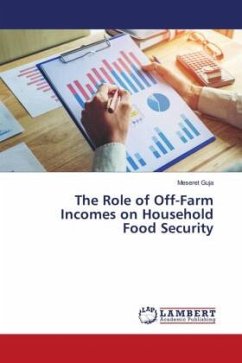Food insecurity, a consequence of violent conflict brought on by the effects of climate change, is the main problem dealt with in this Book. The hypothesis behind the book is that violent conflicts among smallholder farmers are a result of climate change, and conflicts are a cause of food insecurity in East Africa. With an integrated strategy, the research aimed to eradicate food insecurity by addressing the consequences of climate change and the violence that occurs with it. The main motivating factor behind this book is the fact that the region's agricultural production capacity is extremely vulnerable to the effects of climate change. Furthermore, East Africa is the most volatile and threatened by armed conflict. In Africa (largely East Africa), 1.23 million individuals were killed in civil conflict-related occurrences during the span of 30 years from 1989 to 2018. This book will lay the foundation for further research and help communities all around East Africa by revealing how food insecurity and low economic development have changed as a result of conflict association climate change. Despite increasing concerns about the major socioeconomic impacts of climate change,
Bitte wählen Sie Ihr Anliegen aus.
Rechnungen
Retourenschein anfordern
Bestellstatus
Storno

